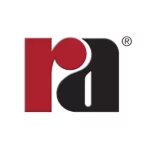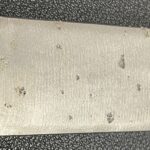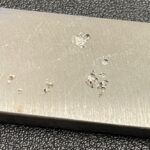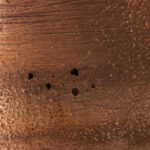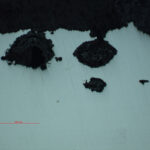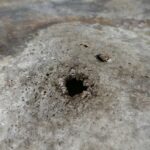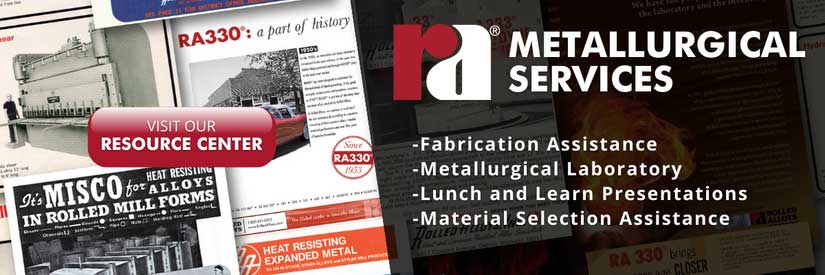PREN CALCULATOR
Quote, Buy, Track!
We make it easy to get instant pricing and purchase your metal at the click of a button. Track your order progress, get notified when it ships, and follow your shipment online until it’s delivered. It’s that easy!
Pitting Resistance Equivalent Number (PREn)
Stainless steels and nickel alloys are heavily utilized in many industries thanks to their excellent resistance to corrosion. However, it’s essential to remember that not all stainless steels and nickel alloys are created equal. The composition of these materials can vary widely, significantly impacting their performance in different environments. To help engineers and professionals rank these alloys in term of their pitting resistance, they can use the pitting resistance equivalent number (PREn).
What is the PREn?
The PREn’s purpose is to measure and compare the pitting corrosion resistance of different alloys, utilizing a theoretical approach. This comparison is based on the chemical compositions of the alloys, considering their constituent elements.
The Formula for PREn
One of the most widely accepted formulas for calculating the PREn is based on the percentage of chromium (Cr), molybdenum (Mo), tungsten (W), and nitrogen (N) present in the alloy. This formula considers the weighted influence of molybdenum and nitrogen, which are known for their substantial impact on pitting corrosion resistance.
PREn = %Cr + 3.3 x (%Mo + 0.5 x %W) + (16 x %N)
The resulting PREn values are highly linear, which makes it easy to compare different alloys. By using this formula, engineers and material scientists can better predict the performance of these alloys in harsh environments and select the most appropriate one for their application.
The calculator takes into account the composition of the alloy, specifically the content of the alloying elements of chromium,
molybdenum, nickel, and tungsten which significantly influence the resistance to pitting corrosion.
A PREn (Pitting Resistance Equivalent Number) calculator serves the purpose of assessing the susceptibility of a given metal alloy to pitting corrosion, a localized form of corrosion that can lead to the development of pits or holes on the metal surface.
The calculator takes into account the composition of the alloy, specifically the content of the alloying elements of Chromium,
Molybdenum, Nickel, and Tungsten which significantly influence the resistance to pitting corrosion.
PREn Calculator
Comparing Alloys with PREn
When it comes to seawater service, austenitic stainless steels with a minimum PREn of 45, duplex stainless steels with a minimum PREn of 40, and ferritic stainless steels with a minimum PREn of 35 are typically considered suitable. Meanwhile, duplex stainless steels with a PREn over 40 are often acceptable for hydrogen sulfide environments.
However, it is important to note that PREn is unsuitable for specification purposes. It provides a general ranking of alloys based on their pitting resistance but does not offer precise predictions. Therefore, an alloy with a PREn of 42.1 cannot be definitively said to perform better in seawater than another alloy with a PREn of 41.9.
Selecting the Right Alloy
When choosing the right specialty alloy for an application, numerous factors must be considered. These include the overall corrosiveness of the environment, acidity, and other corrosive media beyond chlorides. In addition, service temperatures, mechanical properties, ease of fabrication, availability, and cost are crucial aspects that must be considered.
Professionals in the metal industry rely on the PREn to compare and rank different alloys. This tool provides valuable insights into the resistance of alloys to pitting corrosion in chloride-rich environments. However, it is important to remember that PREn should be used as a guide rather than an absolute value when selecting the appropriate alloy for a specific application.
If you need further assistance in selecting the right specialty alloy for your unique requirements, our Metallurgical Services team is always available to help. You can contact us at 800-521-0332 or submit your questions below.


